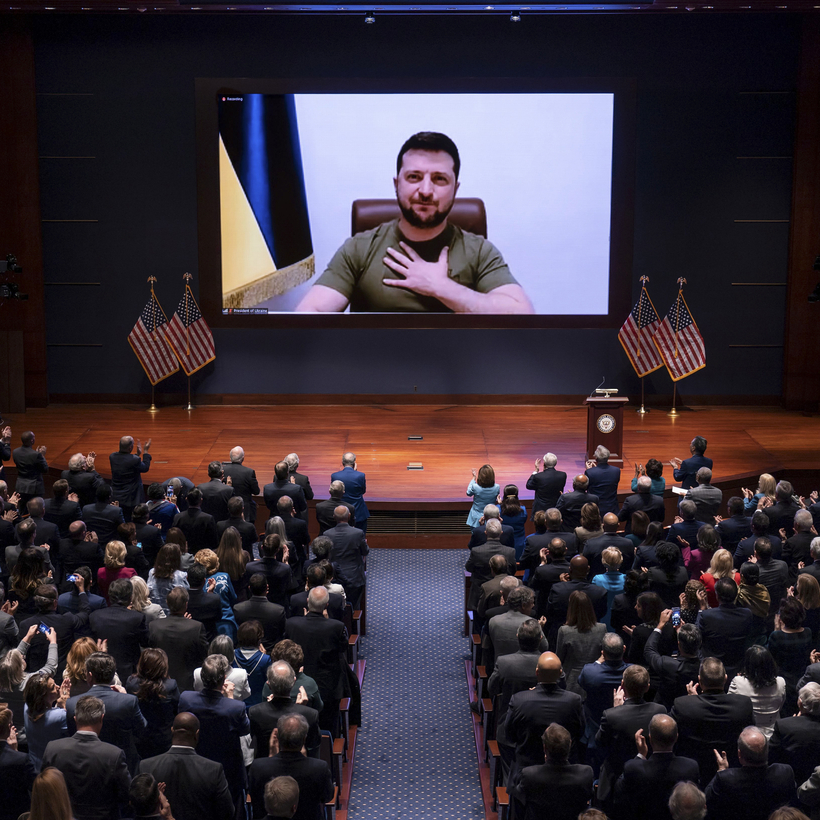Ukraine has so many nightmares to contend with, but here’s one more: that Ukraine becomes Bosnia. By Bosnia I don’t mean the country itself so much as the war of a quarter-century ago and the way that conflict came to be seen from afar. For much of the 1990s, war in the Balkans was background noise, even to those who were just an hour or two’s flight away.
Every now and then an especially horrible episode might propel it to the top of the news; otherwise, Bosnia was a permanent fixture on the inside pages and halfway through the TV bulletin. Bridget Jones confessed to her diary that she felt guilty for not talking or thinking about it, but it just slipped out of view. Besides, you knew the war would still be there tomorrow.

